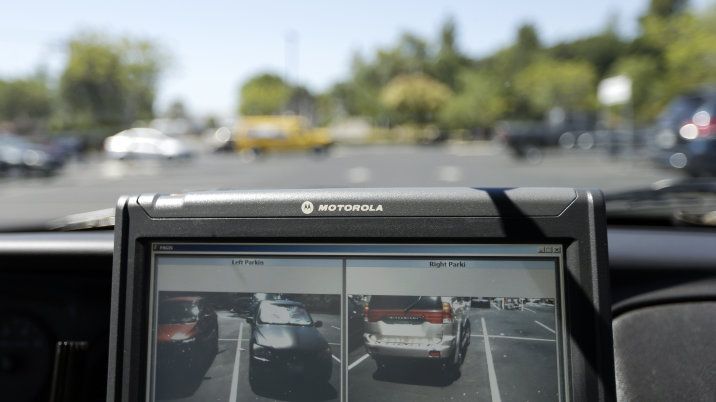It’s never a good sign when a guy wearing a tinfoil hat can say, “I told you so!” But that’s pretty much what’s happening in yet another Orwellian twist to U.S. national security. According to government->ke172 documents obtained by the ACLU via the Freedom of Information Act, the Drug Enforcement Agency has engaged in covert data collection on millions of American motorists since 2008. Under a massive domestic spy program called the National License Plate Recognition Initiative, the DEA has been compiling a new national database detailing driver locations and movements, using automated license plate readers across the country. One undated document puts total record entries at over 343 million.
The Department of Homeland Security abandoned a proposal for a similar program in February, 2014, following heavy resistance due to numerous privacy concerns.
Very little is known about the current program. The ACLU states that the documents obtained are “heavily redacted and incomplete,” but do shed some light onto the program’s activities.
Originally based around the southwest border to hamper illicit drug trade, the program eventually expanded outward. Another undated document places at least 100 license plate readers across eight different states, including California, Arizona, New Mexico, Texas, Florida, Georgia, Nevada, and New Jersey. A 2010 document shows that the DEA had installed 41 license plate reader monitoring stations in Texas, New Mexico, and California.
Additionally, the DEA is inviting federal, state, and local law enforcement agencies to contribute their collected location information. There is also the potential for contributions from privately run license plate reader databases, such as Vigilant Solution’s Vehicle Location Service. Any federal, state, or local law enforcement agent can query the database after DEA vetting. Non-hit data is supposedly retained for a six-month period.
In addition to data mining to “identify travel patterns,” one document references the promotion of asset forfeiture as one of its goals. Asset forfeiture has been widely criticized lately, as it allows law enforcement to seize assets for suspicion of a crime without directly charging the owner with any wrongdoing.
The DEA says the program targets roadways it believes are used for contraband transport. How this is determined remains unclear.
According to the ACLU, “the federal government is uniquely positioned to create a centralized repository of all drivers’ movements across the country — and the DEA seems to be moving toward doing just that.”
Click past the jump to learn more about the government's new secret program.
Why it matters
Sadly, this sort of program hardly comes as a surprise. While some may believe that innocent individuals should have nothing to hide, the potential for misusing a tool as powerful as this one is extremely high. Even if all your activities are completely legitimate, mass location and movement tracking is a tremendous privacy infringement.
The worst part of these revelations is a complete lack of transparency and oversight. How effective has the program been in averting crime? How often has it led to abuse? How many innocent individuals are tracked? How is this data shared and stored, and how extensive is it? In truth, it’s doubtful we’ll ever find out.

